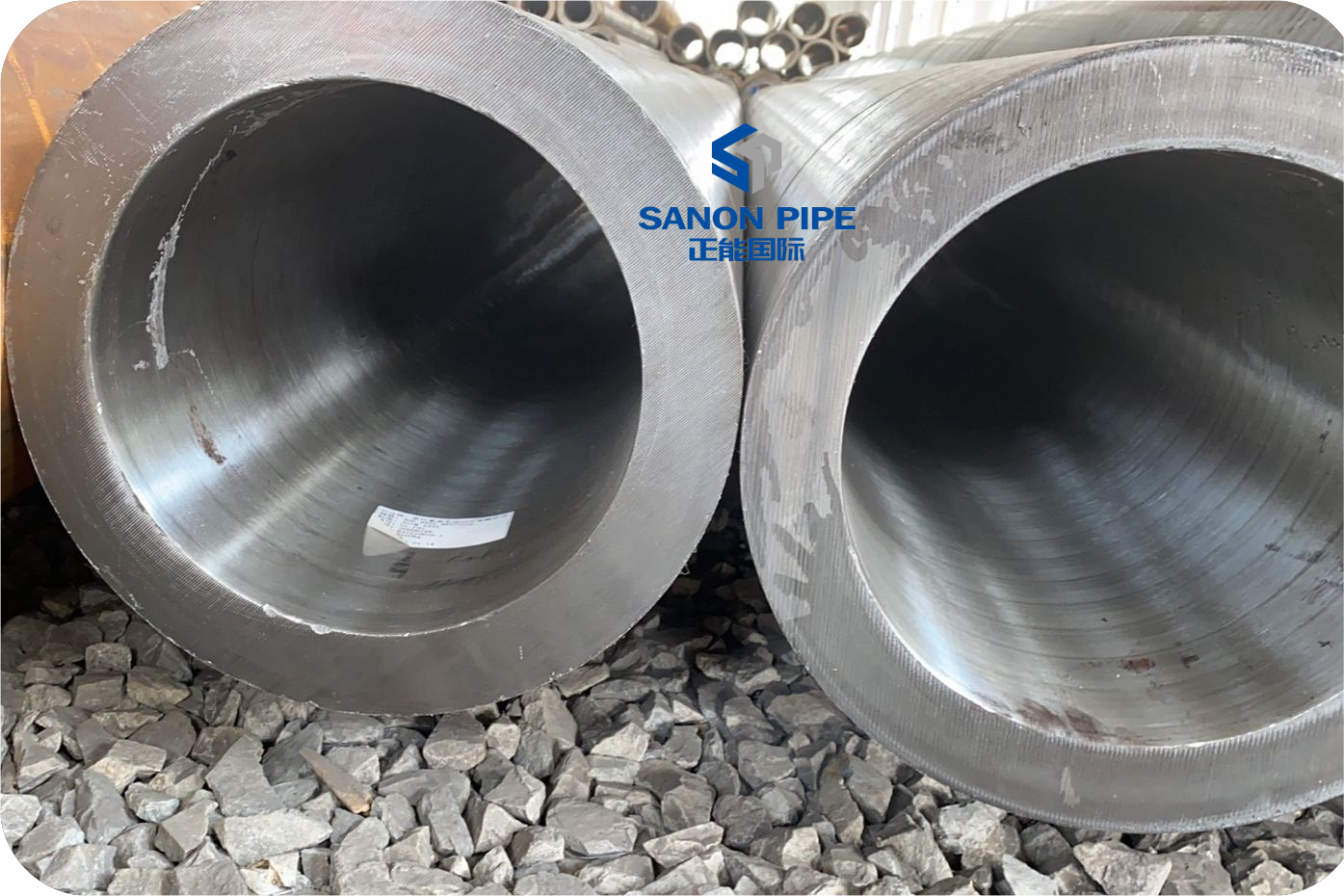Seamless steel pipe is an important steel product widely used in many fields. Its unique manufacturing process makes the steel pipe without welds, with better mechanical properties and compressive resistance, suitable for environments with high pressure and high temperature.
In terms of usage scenarios, seamless steel pipes are commonly used in fields such as oil and gas transportation, chemical industry, construction, shipbuilding and automobile industry. Especially in the oil and gas industry, seamless steel pipes are often used for pipelines and downhole equipment, and can withstand harsh environmental conditions.
Regarding standards, seamless steel pipes are usually produced and tested in accordance with national standards (such as GB, ASTM, API, etc.). GB/T 8162 is applicable to seamless steel pipes for structures, while ASTM A106 is mainly used for carbon steel seamless pipes for high temperature service. For alloy seamless steel pipes, common standards include ASTM A335, and representative grades are P5 and P9 to ensure the performance of steel pipes at specific temperatures and pressures.
In terms of materials, alloy seamless steel pipes usually use low alloy and high alloy steels, with excellent corrosion resistance, high temperature resistance and oxidation resistance. For example, commonly used materials for alloy steel pipes include Cr-Mo alloy steel (such as 12Cr1MoG etc.), which are suitable for high-temperature and high-pressure equipment such as boilers and heat exchangers. These materials undergo rigorous heat treatment and inspection to ensure their stability and safety under extreme conditions.
Seamless steel pipes, especially alloy seamless steel pipes, play a vital role in modern industry. Their standardized production and superior materials make them an ideal choice for various engineering applications.

Post time: Sep-25-2024





